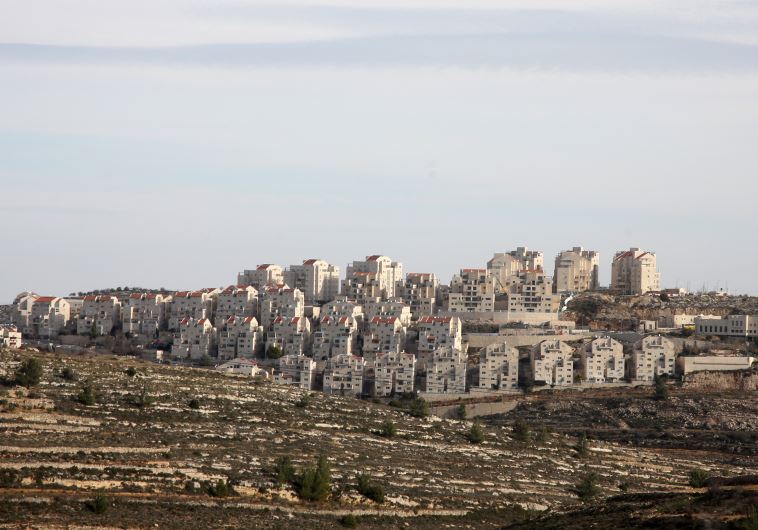Government okays NIS 74 million allocation to West Bank settlements
Zionist Union MK Amir Peretz criticized the allocation, saying that he wishes the communities in the country's periphery would get similar funds.
 Efrat settlement, West Bank(photo credit: MARC ISRAEL SELLEM/THE JERUSALEM POST)Updated:
Efrat settlement, West Bank(photo credit: MARC ISRAEL SELLEM/THE JERUSALEM POST)Updated: